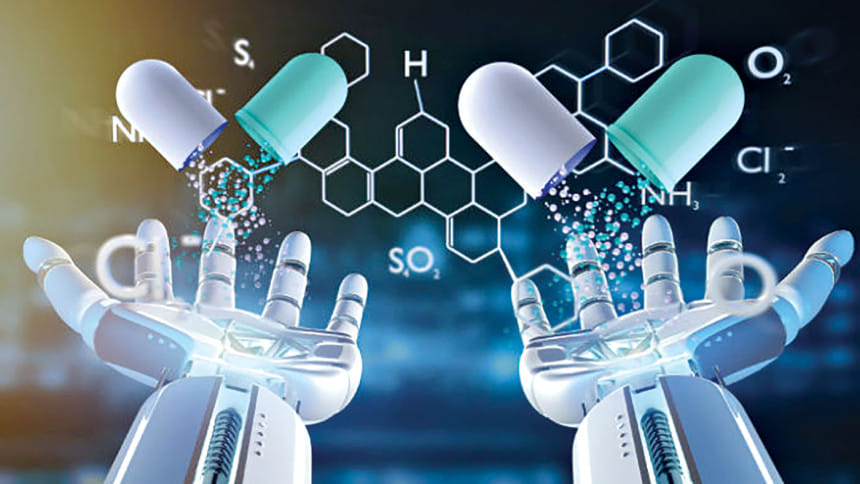Artificial intelligence and improved drugs: Another big step forward

Designing drugs that target proteins requires knowing the three-dimensional (3D) shape of the target protein and creating a drug whose shape binds to that target protein. As of June 2021, research had only determined the shape of one-third of human proteins. Then, in July 2021, two groups used artificial intelligence (AI) to predict the shape of nearly every human protein from nucleic acid sequences.
The same AI software that predicted the shape of proteins in the 2021 experiments has now been used to design small strings of 50 to 65 amino acids ("mini-antibodies") with 3D shapes that were predicted to bind to 13 important human target proteins: growth factors that are important in stimulating the growth of cancers and components of several infectious agents, including influenza and SARS-CoV-2. The mini-antibodies were shown to bind to their targets and to work as expected—for example, a mini-antibody designed to bind to the SARS-CoV-2 spike protein protected mice from infection.
These AI-designed mini-antibodies constitute a novel new class of drugs that are simple and inexpensive to produce, in contrast to monoclonal antibodies.

 For all latest news, follow The Daily Star's Google News channel.
For all latest news, follow The Daily Star's Google News channel. 



Comments